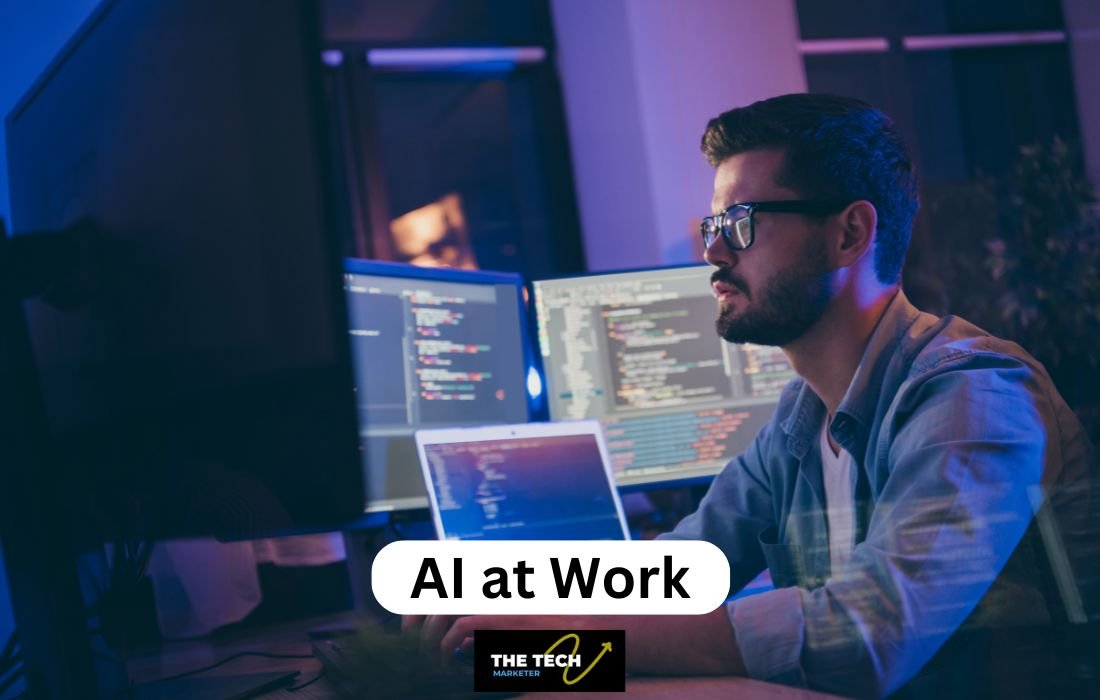The Surge of AI in the Workplace
The year 2024 marks a significant turning point for artificial intelligence (AI) in the workplace. Recent data shows a dramatic increase in AI usage, with generative AI usage nearly doubling over the past six months. Currently, 75% of global knowledge workers are leveraging AI to manage the escalating pace and volume of their tasks. This widespread adoption underscores a shift from casual experimentation with AI technologies to their critical integration into core business processes.
Business Imperatives and Leadership Challenges
Despite the clear shift towards AI, many leaders recognize a gap in their organizations: the absence of a coherent plan to transition from individual AI applications to a strategic, enterprise-wide approach that enhances profitability and operational efficiency. The pressure to deliver immediate returns on investment (ROI) often paralyzes decision-makers, preventing them from making bold moves necessary for long-term success.
AI’s Impact on the Labor Market
The labor market is on the brink of another significant transformation, driven by AI. Leaders report not only a talent shortage in key areas but also a new trend where AI proficiency could become as critical as past experience. This shift suggests that AI capabilities are becoming essential for career advancement and may help break traditional barriers in career progression.
Empowering Leaders for AI Adoption
To combat inertia and foster a productive embrace of AI, Microsoft and LinkedIn have undertaken extensive research, including surveys of 31,000 individuals across 31 countries and analyses of labor trends from LinkedIn and productivity signals from Microsoft 365. This comprehensive approach has revealed crucial insights that can guide leaders in making informed decisions about AI implementation.
Key Insights and Strategies
The data suggests that leaders need to focus on several strategic actions:
- Develop a clear AI vision and roadmap that aligns with business objectives.
- Invest in AI education and training to build a workforce skilled in AI applications.
- Emphasize ethical AI use to build trust and compliance.
- Leverage AI for growth and efficiency, demonstrating its value in tangible improvements to productivity and customer satisfaction.
Conclusion
As AI continues to redefine the professional landscape, the organisations that proactively integrate AI into their strategic planning and operations are poised to lead the market. The transition from AI experimentation to transformation mirrors historical technological shifts like the internet and personal computing, which similarly demanded bold and visionary leadership. For professionals and leaders alike, the message is clear: Embrace AI not just as a tool, but as a fundamental component of business strategy.
For more detailed insights and guidance on AI’s implications for work,
Exploring the full Microsoft report provides valuable perspectives and strategies.
( Click here ⬆️ to see the report )



